Tackling violent extremism in Uganda: Lessons Learnt from a Community Resilience Approach.
Violent extremism (VE) is one of the most pressing challenges of our time, bringing terror and instability to all sections of society.
Today, there are fewer terrorist groups, but the nature and scale of attacks carried out by groups like the Allied Democratic Forces in Uganda are becoming more lethal.
What drives individuals and communities into violent extremism’s formidable orbit? What are the best ways of tackling such drivers in the long-term?
Download the lessons learnt report here: 
As governments, civil society and communities strive to answer these questions, this report shares valuable lessons from eighteen months of the Bridges to Peace project;
A collaborative and community-based initiative devised by the Kofi Annan Foundation (KAF) and Uganda Muslim Youth Development Forum (UMYDF) and designed to help prevent and counter violent extremism (P/CVE) in Uganda.
The Bridges to Peace project demonstrates there is no single solution that will ‘fix’ the problem.
Progress and the hard-won successes we outline here are the result of a combination of nuanced outreach, training and trust-building programmes deployed by a national team working directly with local
communities.
We have aspired to be candid and transparent about gaps and weaknesses in our strategy and implementations and have highlighted those evident more broadly in Uganda’s approach to tackling VE. We all know that it is only by critical self-examination that we learn and progress.
It is with this positive spirit that we hope the insights outlined in this report will be understood and assimilated into more effective P/CVE strategies in Uganda and elsewhere in the future.
Recommendations
We have identified key recommendations relevant to all stakeholders, including Government, State Institutions, Civil Society Organisations, Development Partners and Donors.
Visit pages 40 – 45 to see the full list of recommendations.
About the Report
The Kofi Annan Foundation (hyperlink to the website of Kofi Annana) and Uganda Muslim Youth Development Forum (UMYDF) invested time and resources in documenting and analyzing the impact of their joint Bridges to Peace Project; a diverse set of P/CVE interventions implemented in four hotspot districts of Uganda between January 2023 and June 2024.
The report captures the key lessons, challenges, and recommendations that have emerged from this process.
Acknowledgements
We would like to extend a heartfelt thank you to all the participants in the Bridges to Peace project whose thoughtful reflections underpin the lessons outlined in this report.
We are particularly grateful for the active contributions of the project participants to our lessons learnt workshop held in Kampala in April 2024.
In addition, our gratitude goes to the government institutions who helped facilitate a conducive environment for our project activities, ensuring they came to full fruition.
At the national level, we sincerely thank the Directorate of Counter Terrorism at Uganda Police, the Legal Office of the Amnesty Commission, and the National Counter Terrorism Center.
In the districts of Bugiri, Masaka, Kampala, and Lwengo, we deeply appreciated the active participation of local government authorities.
Special thanks to the Deputy Chief Administrative Officer of the Bugiri District, and the Deputy Resident City Commissioner Kimaanya-Kabonera in Masaka City for their support.
We would also like to thank the team from the European Union, especially Cathal Gilbert and Patricia Pennetier, who have been a staunch source of financial and moral support throughout the project implementation and whose input has stimulated our analysis
